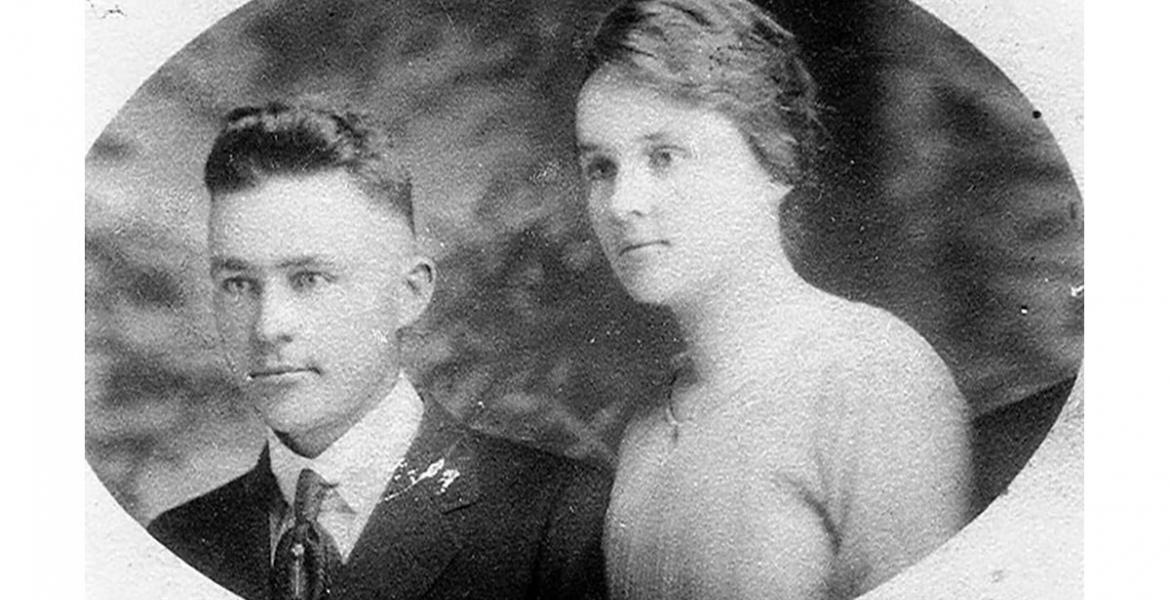SAN ANGELO, TX --I don’t usually watch daytime television, except when I’m in a salon getting my nails done.
And it was in that setting that I watched a daytime program called The Doctors.
Medical topics aren’t the only thing discussed on the program, and this time the topic had to do with students who are not the best achievers in the classroom, and methods that teachers use to handle good student performance and poor student performance.
One teacher had students change seats in the classroom based on how well they were performing. Every 30 days, poorly performing students had to sit in the back of class.
At times he would switch that around so that students who did not do well sat in the front of the class.
Some parents in the audience thought that would encourage students who were not doing well to try harder.
Other parents thought it was punitive, and even cruel to single out students in front of their peers.
Another parent had a concern about the effect this had on the well performing students in that it made them feel superior to others.
Another teacher allowed better students to have more recess time, and other privileges such as lunch time away from campus for the older students, or designated parking.
You may have had similar experiences with reward and punishment for your student, and it seems there’s no end to the creativity of teachers to come up with ways to manage differences in a students’ performance.
Other than performance awards that are given by the school, should good students receive special privileges? What’s the best way to address students who are performing poorly?
What do you think?
Subscribe to the LIVE! Daily
Required






Post a comment to this article here: